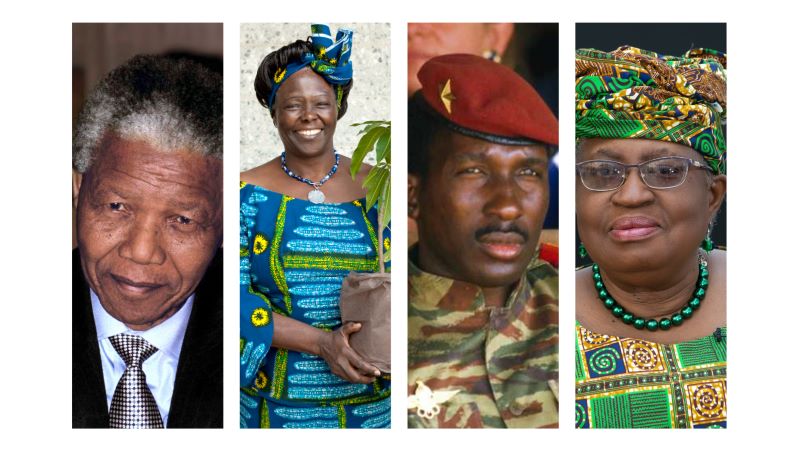Gaston Browne, the prime minister of Antigua and Barbuda has sent a letter to the president of Harvard demanding reparations for the university’s role in using the labor of enslaved Blacks from the Caribbean islands in the 1800s. “Reparation from Harvard would compensate for its development on the backs of our people, Browne wrote. “Reparation is not aid; it is not a gift: it is compensation to correct the injustices of the past and restore equity,” Browne stated in the letter.
The demand is based on the work of uncompensated enslaved Black people on the Antiguan plantation owned by Massachuetts-based Issac Royall. According to the Harvard Crimson, in 1815 Royall donated money to create the first endowed law professor at Harvard. Today, Royall’s name is still attached to Harvard’s distinguished Royall Professor of Law position.
According to the Crimson, Harvard President Lawrence Bacow responded to the demand in a letter. “We recognize that there is more work to be done,” Bacow wrote. Indeed, Harvard is determined to take additional steps to explore this institution’s historical relationship with slavery and the challenging moral questions that arise when confronting past injustices and their legacies.”
Harvard has not committed to reparations, but under pressure from students in 2016 it decided to retire the Harvard Law School shield which displayed the Royall family coat of arms. A year later the university erected a stone memorial and plaque honoring “the enslaved whose labor created wealth that made possible the founding of Harvard Law School.”
Prime Minister Browne says Harvard’s acknowledgment is not enough. In his letter, he suggested that Harvard could offer financial assistance to the University of the West Indies campus in Antigua & Barbuda.
The road to riches for the Royall family has its start in the early 1700s when Issac Royall Sr. sailed to the West Indies and settled in Antigua in an attempt to make a living in the suger trade by utilizing enslaved labor. Royall Sr. was the son of a carpenter who had little or no opportunities for success in Massachusetts, then a British colony, according to a 2011 report, “Harvard and Slavery: Seeking a Forgotten History.”
Royall bought a stake in a “slaver” ship and because of the money he was making he earned enough to start his own sugar cane plantation in Antiqua. And, his wealth, as a result of enslaving Black people, translated to his generous contribtion to Harvard.
In 2017, Harvard held a conference exploring the connections between universities and slavery. At the conference, Daniel R. Coquille, a co-author of a history of the Harvard Law School made a presentation that recounted how Royall helped brutally end a rebellion by enslaved Blacks in Antiqua by butchering them and burning them at the stake.
Antiqua and Barbuda are twin islands in the Caribbean. They declared their independence from the United Kingdom in 1981.




